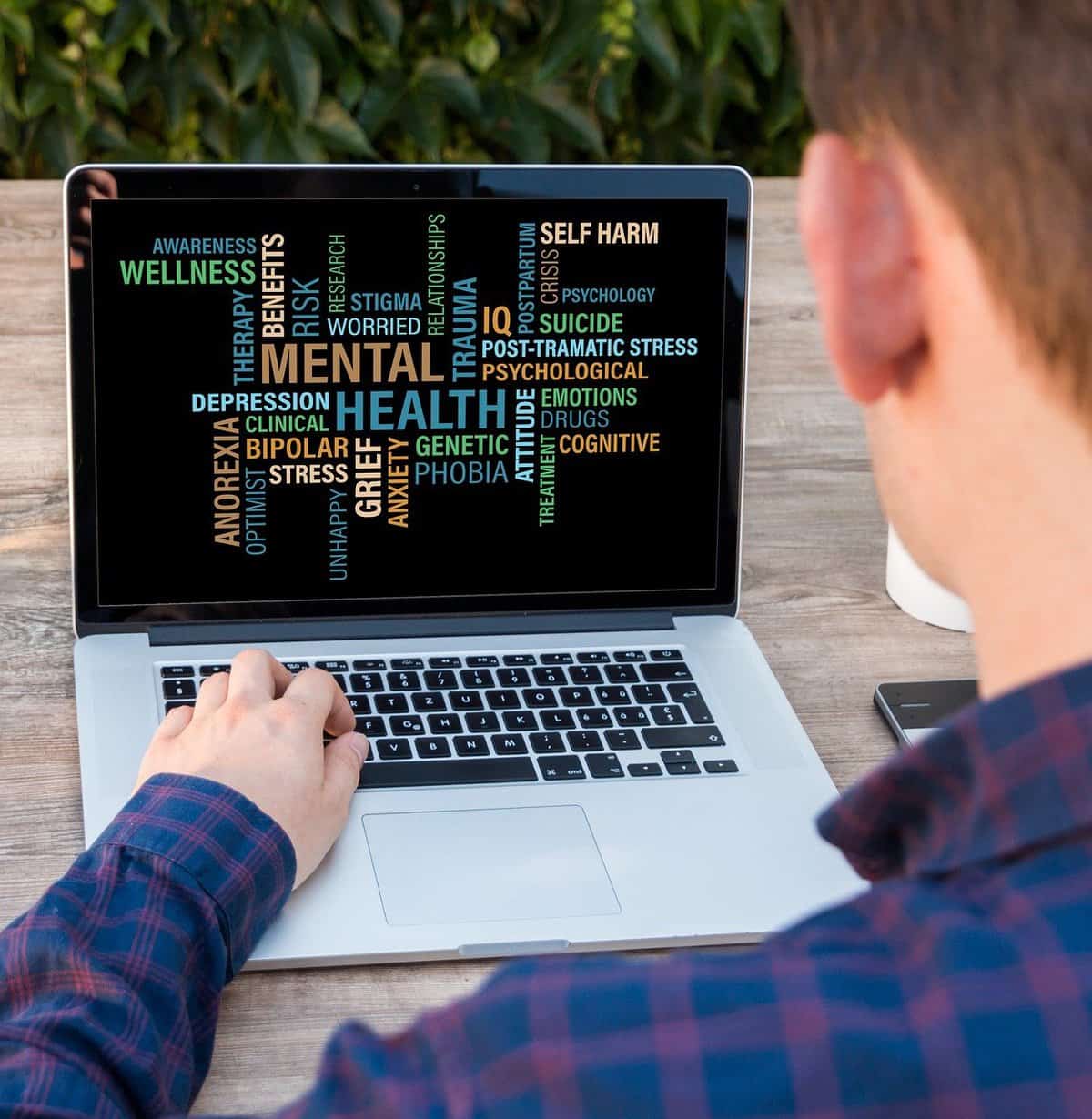By Lauren de Mars, LPC
Adolescence can be a tumultuous time complicated by hormonal changes, academic pressures, social challenges, and the quest for self-identity.
These factors, combined with the pervasive influence of digital technology and social
media, have the potential to lead to anxiety, depression and other mental health issues,
such as eating disorders and substance abuse.
That is why it is crucial for parents, caregivers and educators to recognize the signs of
distress and offer tools that can help teens express and regulate their emotions in a healthy way.
Penn Medicine Princeton House Behavioral Health offers an array of outpatient programs
that address the specific needs of adolescents ages 13 to 18 who are having trouble functioning at school, at home or with peers.
Teen Mental Health Worsening
The number of adolescents reporting poor mental health is increasing, according to a
report released earlier this year by the Centers for Disease Control and Prevention (CDC).
In 2021, more than 4 in 10 students felt persistently sad or hopeless and nearly one third
experienced poor mental health.
Moreover, more than 1 in 5 students seriously considered attempting suicide and 1 in 10 did attempt to take their own lives.
The situation is even more dire among teenage girls, nearly 3 in 5 teen girls felt persistently sad or hopeless in 2021. This is double that of boys and represents a nearly 60% increase and the highest level reported over the past decade, according to the CDC.
Warning Signs
It can often be hard for adults to differentiate between what is normal teenage angst and signs that a teenager may be struggling with their mental health. Some common indicators that your teen may need help include:
- Withdrawal and isolation from family and friends.
- Not wanting to go to school or avoiding school. School avoidance can include students who go to school but frequently end up in the nurses’ office wanting to return home early.
- A noticeable drop in grades.
- Complaints of headaches and stomach aches, which may be related to depression or
anxiety. - Changes in sleep patterns, such as staying up all night or sleeping too much.
- Not enjoying activities they used to enjoy.
- Constantly scrolling on social media.
- Changes in appetite or significant weight loss or weight gain without an apparent
cause. - Engaging in risky activities or substance abuse.
- Persistent sadness or irritability.
- Expressing thoughts of self-harm or suicide.
If you are concerned your teen might be experiencing a mental health issue, it’s important
to talk with them. Professional help might be necessary to help them build effective coping
skills.
Safety Plan and Self-Care Kit
During times of high emotions, teens may not be able to vocalize how they’re feeling and
what they may need in the moment.
Having an agreed upon safety plan and self-care kit can help.
An effective safety plan details the tools and resources that are beneficial for the teen in
various situations. This plan can be helpful for the teen as well as their parents, teachers
and other caregivers.
A safety plan might include a list of favorite songs, television shows, or scents that help soothe the teen’s emotions. It might include grounding activities, such as petting a dog, breathing and muscle relaxation exercises or talking with a friend who provides helpful distraction.
A school specific safety plan might include the opportunity for a teen to go the bathroom to splash cold water on their face.
A more tangible version of the safety plan, the self-care kit serves a similar purpose in ensuring quick and easy access to effective coping and communication tools based on the teen’s need.
Items might include a photo of a loved one, a special piece of jewelry to wear, a favorite piece of memorabilia, a worry stone, a stress ball, sour candy or essential oils. Color-coded index cards to represents different emotions are also useful to include. For example, a red card — or even saying the word red — could communicate to family members what the teen needs in an accessible, immediate way.
Space to Express Feelings
The biggest thing adults can do to help teens juggle all that’s happening in their world, is to offer a safe, nonjudgmental space to express their feelings.
In many cases, parents may need extra support. Primary care physicians, guidance counselors and peer groups along with mental health professionals can all help.
At Penn Medicine Princeton House Behavioral Health, treatment programs for adolescents
include a comprehensive evaluation by a board-certified psychiatrist, evidence-based treatment, medication evaluation and management as needed, group and individual therapy, family education groups, and expressive therapies such as art and music.
Treatment helps teens to:
- Improve self-control and coping ability.
- Regain emotional stability.
- Function in healthier ways at school and home.
- Understand the concept of addiction.
- Reduce the negative consequences/outcomes associated with substance use.
- Understand the connection between emotion dysregulation and eating disorders.
Providing teens with the resources and tools to build effective coping skills can help them successfully navigate adolescence and can bring a greater level of confidence to their ability to handle the ups and downs of life.
For more information about Penn Medicine Princeton House Behavioral Health programs
for children and adolescents, call (888) 437-1610 or visit www.princetonhouse.org.
Lauren de Mars, LPC, is a licensed professional counselor and clinical manager of the Child
and Adolescent Program at the Penn Medicine Princeton House Behavioral Health’s North
Brunswick outpatient site.

